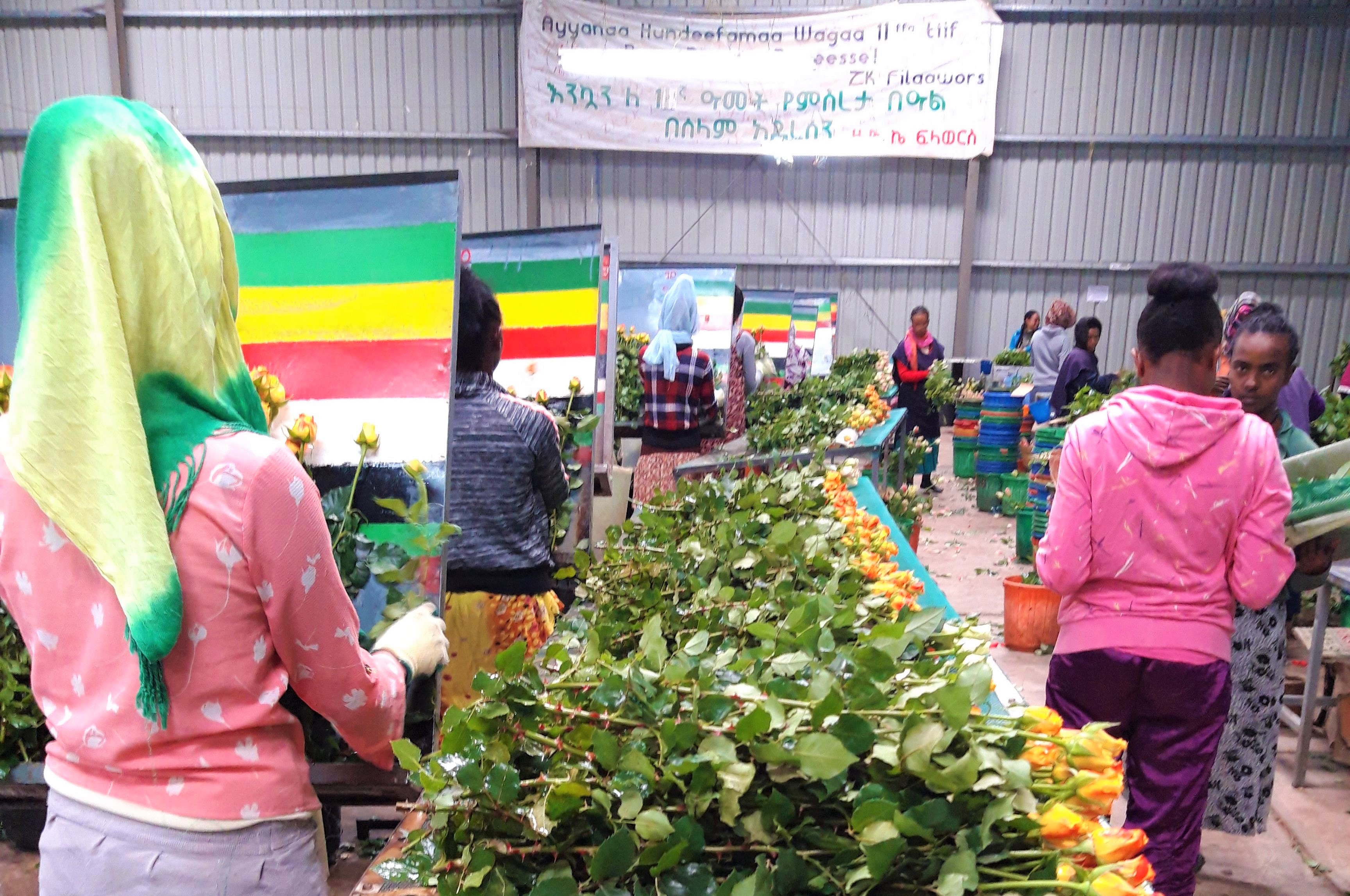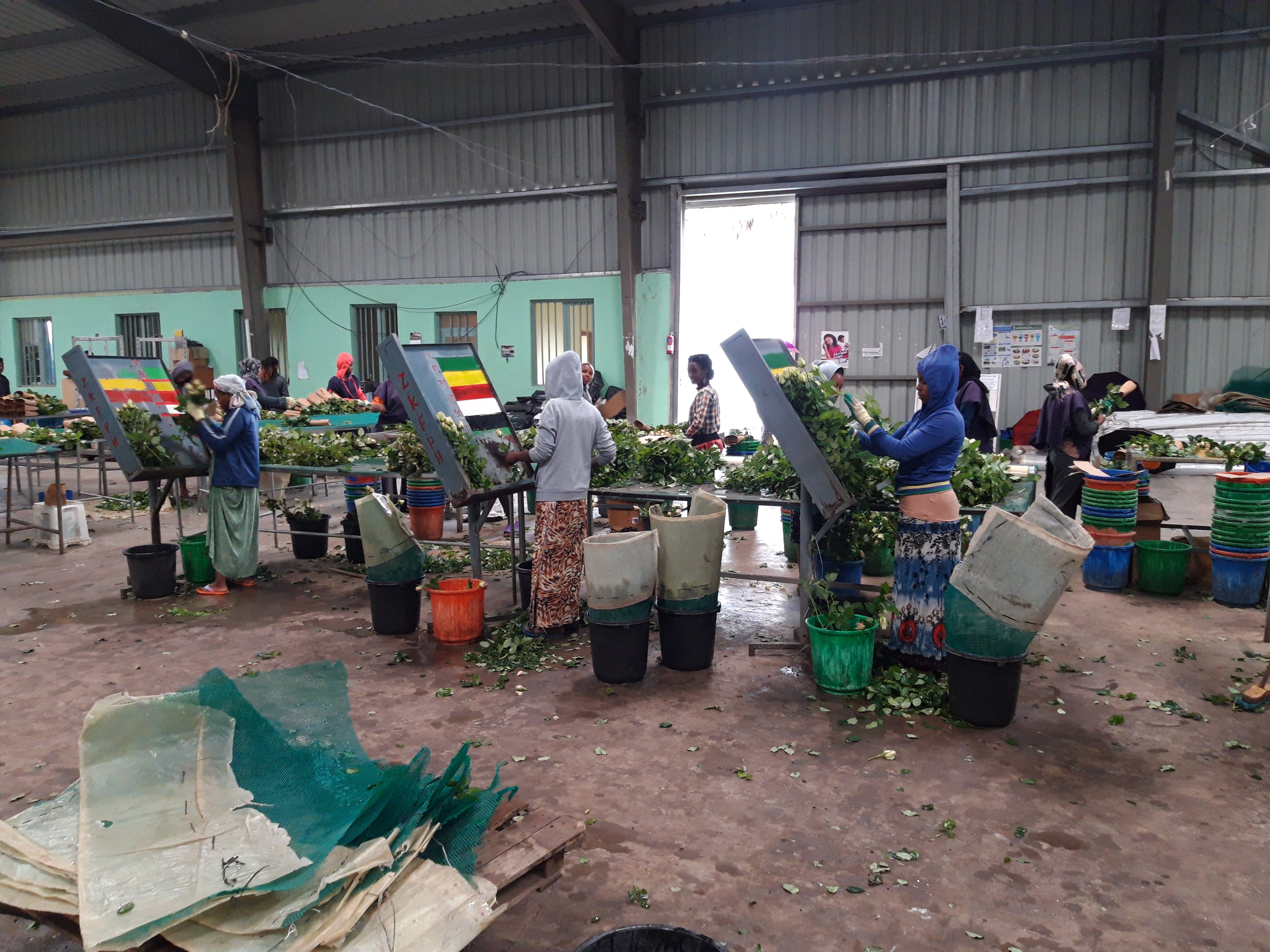Labour market study on Ethiopia's horticulture sector
Labour market study on Ethiopia's horticulture sector

However, among the permanent and contracted employees, as well as in management positions, females are clearly underrepresented. Only 11% of contracted employees are female, versus 89% that is male - see chart 2:

Similarly, only 28% of managers are female, versus 82% that is male - see chart 3:

Reasons provided from the organisations for the underrepresentation of female contracted employees and managers refer to the nature of the work. Namely, that such jobs are hard work in which females, as compared to their male counterparts, have lower competency and little interest. However, there is a need for caution in such assumptions. For female labourers to become contracted as permanent employee is mainly perceived as a step forward in their career.
The Agricultural Colleges see it as their mandate to ensure a balanced number of female and male students. They also indicate that there are a lot of female students and graduates that are very interested in the different kinds of work and duties within the organisations consulted. From this study, they conclude that there is a clear need to provide some extra support to facilitate female graduates in the transition to the workforce or in self-employment.
There is also a need to inform and sensitize students and the labour market on the benefits of investing in a female workforce. As found also in previous studies, respecting human rights, non-discrimination and promoting the professional development of women all align well with business priorities, such as meeting productivity targets, maintaining a strong and stable workforce, increasing labour productivity, improved worker engagement, and compliance with health and safety requirements (IDH Sustainable Trade).
Interested in how we aim to address these issues? Take a look at our theory of change, or read about our projects here!
Any questions? Don't hesitate to contact us at: info@gender2connect.org or send us a message on LinkedIn, Instagram, or Twitter.


